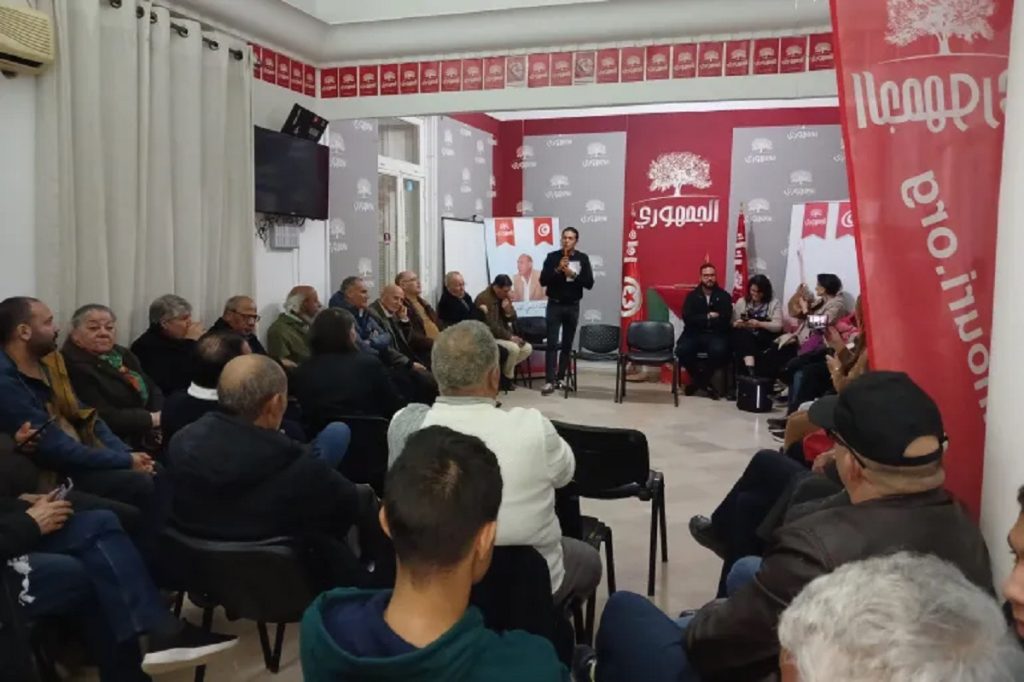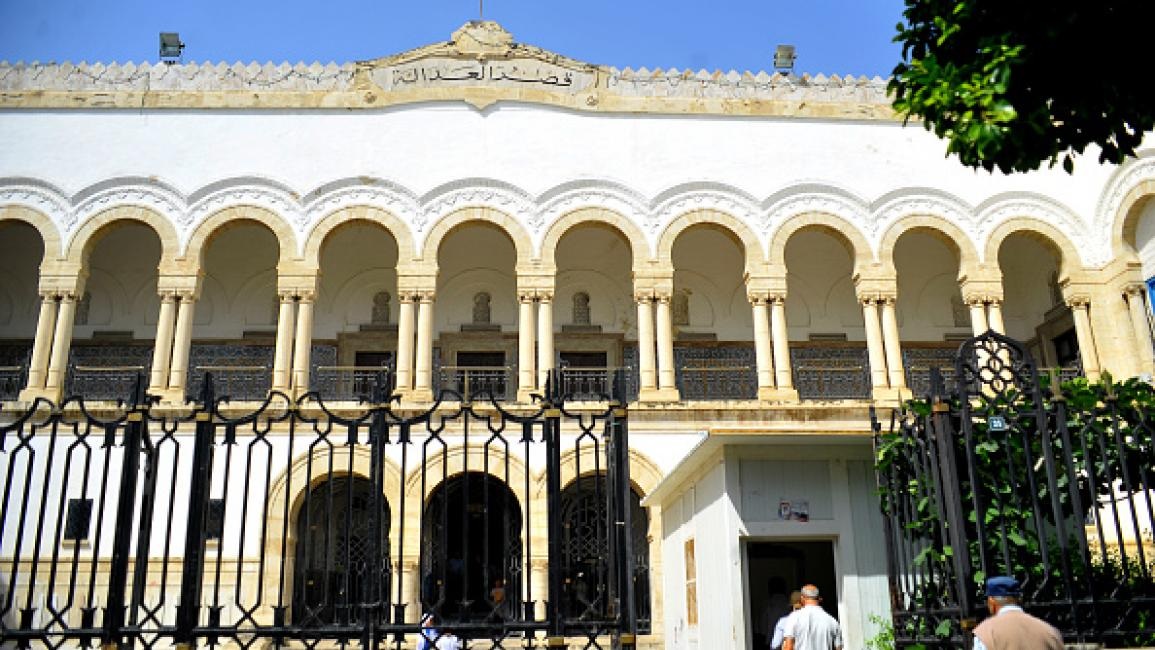Watan-The release of an American citizen detained in Tunisia on Sunday evening has sparked significant controversy, especially amidst the government’s refusal to release many political detainees and the procedural violations recorded during their trials. While Tunisian authorities have not disclosed details about the incident, U.S. Special Envoy for Hostage Affairs, Adam Bulger, confirmed that American officials were able to secure the release of Robert Vieira, an American citizen who had been held in Tunisia.
Bulger told Reuters that “Vieira had been detained for 13 months while conducting missionary work in Tunisia, when Tunisian authorities suspected him of espionage.” He added that Vieira would return to the United States with his family following his release and expressed appreciation for the Tunisian government’s decision, noting that he had “worked closely with Tunisian Foreign Minister Mohamed Ali Nafti to secure Vieira’s release.”
Last week, 11 Russians, including a woman, were released after being detained in November for attempting to infiltrate through Tunisia’s southern border near Haidara. Lawyer Dalila Mseddi, a member of the defense team for political detainees, stated that this release reveals direct interference from the executive branch in the judicial system, as judicial rulings and decisions are no longer based solely on evidence, files, and the law. This situation suggests that foreigners are receiving preferential treatment over Tunisian citizens.

Political Detainee Releases Raise Questions of Justice in Tunisia
Mseddi further pointed out that while the charges against these individuals are serious, political detainees—who face no evidence, weapons, or seizures—are often denied release, detained beyond the legal deadlines, and tried in absentia under secret and unfair trials. Unlike the foreigners who are released, some even receive honors in clear violation of national sovereignty. She stressed that while some might not believe everything happening, it is no longer possible to speak of true justice in Tunisia.
Former MP and political activist Monia Brahim questioned the situation, saying, “This raises several concerns. There are 11 Russians accused of espionage, and an American citizen detained on similar charges. Oddly, they were released before their trial even began. The U.S. special envoy for hostage affairs confirmed that he coordinated with the Tunisian foreign minister to facilitate their release.”
She emphasized that, as Tunisians concerned with the security and safety of Tunisia, they have the right to ask why these foreigners, who were detained on suspicion of espionage, were released without any official explanation. Brahim added, “Regardless of one’s stance on the current regime, these cases concern national security and are not related to ordinary crimes or mere violations of the law.”
Foreign Detainee Release Sparks Controversy in Tunisia
According to Brahim, “The charges are extremely serious, involving espionage and conspiracy, which directly impact national security. How can foreigners be allowed to leave, while political leaders such as Abdelhamid Jelassi (her husband) are denied the same, kept in prison even without evidence, and with fabricated files, and are prevented from attending their trials along with procedural violations?”
Political activist Abdelwahab Al-Hani, in a post on his Facebook page, stated that “the release of an American citizen accused of espionage under the guise of missionary work in Tunisia, following intervention from his country’s authorities, and his classification as a hostage under the purview of the U.S. Special Envoy for Hostage Affairs, is not about justice in Tunisia, as if we are witnessing a prisoner exchange, even though the trial is still ongoing.”
